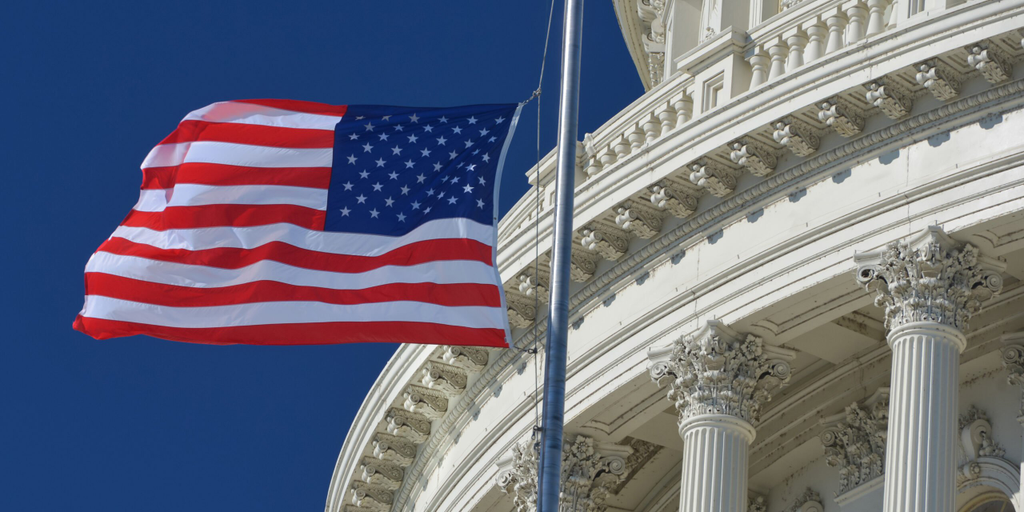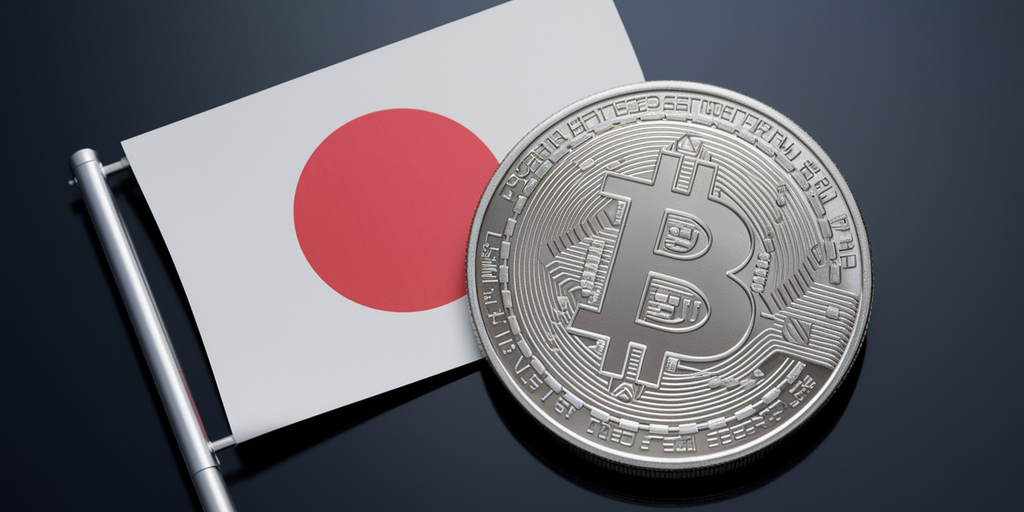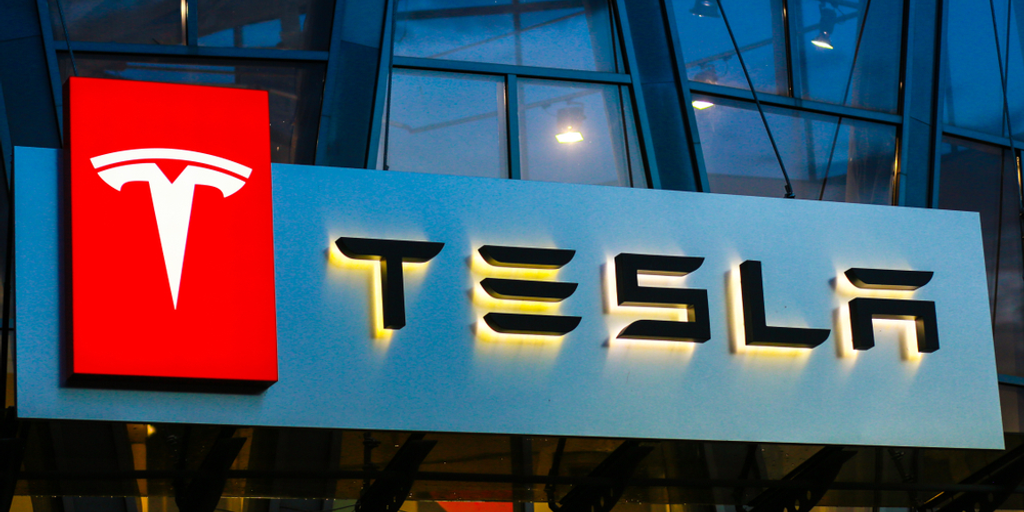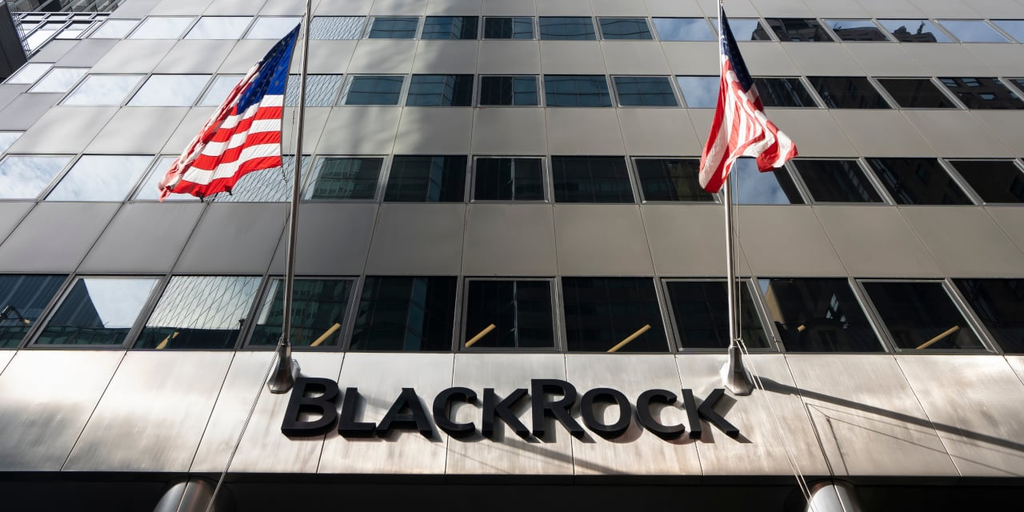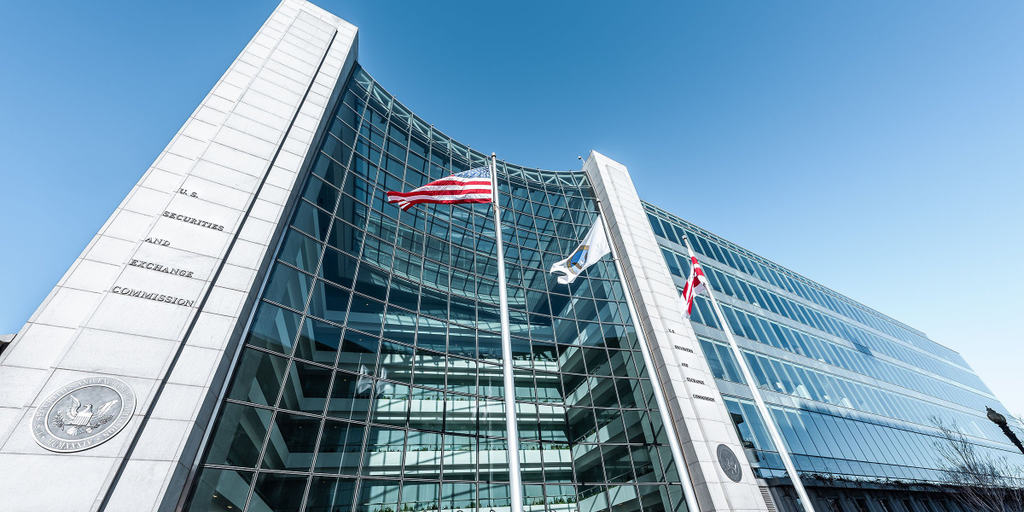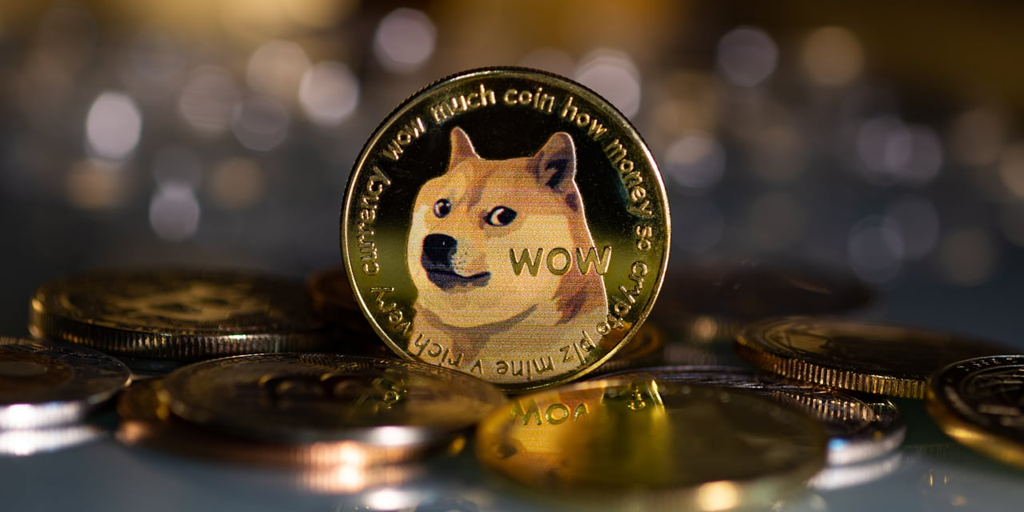The government of Dominica has partnered with smart contract blockchain platform Tron to issue Dominica Coin (DMC), a token that promotes the Caribbean nation’s natural and cultural heritage.
The DMC token, developed on the Tron blockchain, will utilize the mechanics of a fan token. Fan tokens are normally associated with sports teams, enabling token holders to vote on governance issues like the choice of color in jerseys. It’s a first for a country to issue fan tokens, with Dominica’s government stating in a press release that the project would “help promote Dominica’s global fanfare for its natural heritage and tourism attractions.”
“This is a historic step for Dominica in its drive to enhance economic growth by embracing digital innovation and appointing Tron Protocol as its designated national blockchain infrastructure,” the press release from the office of Dominica’s Prime Minister, Roosevelt Skerrit, reads.
The release describes the Tron blockchain as “one of the leading global blockchain platforms, known for its efficient and cost-effective crypto settlement system.”
Dominica is home to many outstanding natural attractions including the Morne Trois Pitons National Park, a UNESCO World Heritage Site. The Boiling Lake, situated in the national park, is the second-largest hot lake in the world.
The broader context
Dominica’s token launch on Tron isn’t an isolated development by one country. Put in a broader policy context, it has much wider implications.
The legislation that made the token partnership possible is The Virtual Asset Business Act enacted by Dominica in June. The Eastern Caribbean Central Bank (ECCB) assisted in the drafting of the bill. Also supported by opposition politicians in Dominica, the bill was said to open up “a niche […] and initiative for young people of Dominica to benefit tremendously,” according to opposition legislator Clement Marcellin.
Over the past two years, similar legislations were also passed in St Kitts and Nevis and Antigua and Barbuda. Like Dominica, they’re members of the nine-member Organization of Eastern Caribbean States (OECS). Other members of OECS include Montserrat, St. Lucia, St. Vincent, the Grenadines, and the country that Tron founder Justin Sun represents diplomatically, Grenada.
OECS members are economically aligned through the Eastern Caribbean Currency Union (ECCU), a single monetary space where countries tend to adopt similar policies as each other. The idea of OESC and ECCU is similar to the European Union and the eurozone.
ECCU members use a common currency called the Eastern Caribbean dollar (EC), pegged at EC$2.70 to US$1.
All that policy context is a big deal for Tron; if other countries from the political and economic club follow the example set by Dominica, then Dominica Coin could be the first of many Caribbean tokens to come out of the region.
Sun in the Caribbean
This is the latest example of Tron building its connections in the Caribbean region. In December, Justin Sun took up a diplomatic role as Ambassador and Permanent Representative of Grenada to the World Trade Organization.
His appointment would “likely breeze some much-needed fresh air into the regional economy,” a press release from Tron at the time read. A spokesperson for Tron told Decrypt at the time that the diplomatic role would allow Sun “to represent and make blockchain mainstream by bringing it to the global political arena via [the] WTO.”
Dominica’s fan tokens represent another step in that campaign to bring blockchain—and Tron—to the wider world, and explore how it can benefit nations.
Sponsored post by Tron
This sponsored article was created by Decrypt Studio. Learn More about partnering with Decrypt Studio.
Stay on top of crypto news, get daily updates in your inbox.
Source link




